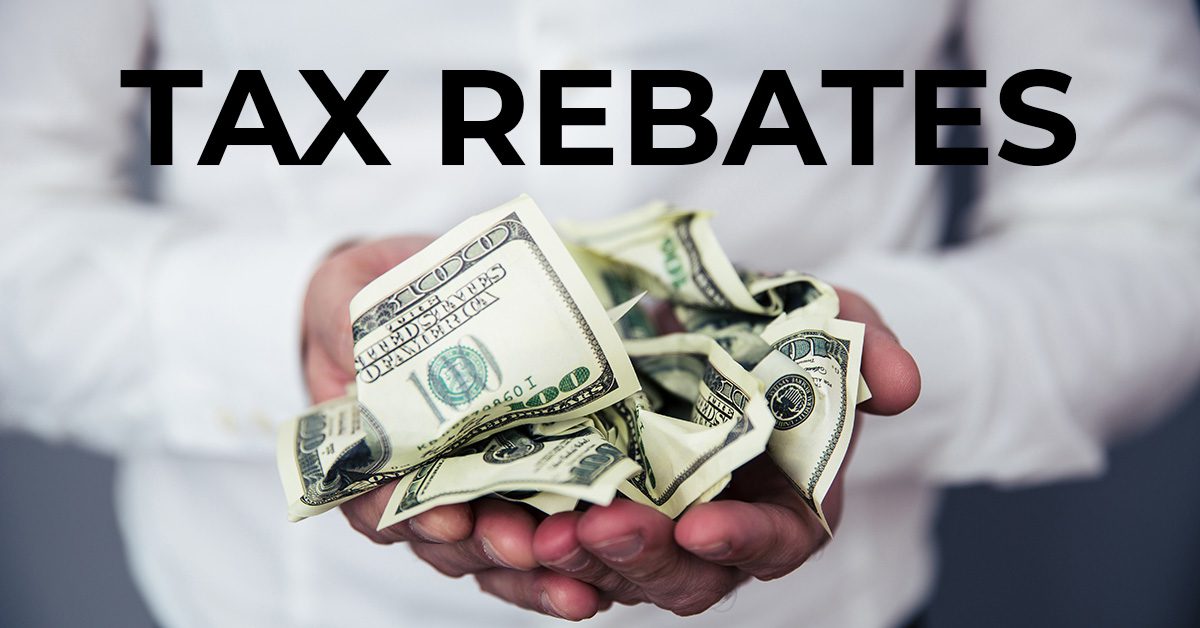As tax season approaches, Californian taxpayers can claim a substantial one-time tax rebate, potentially amounting to $12,076. However, eligibility for this rebate hinges on meeting specific criteria tied to three critical programs: the California Earned Income Tax Credit (CalEITC), the Young Child Tax Credit (YCTC), and the Federal Earned Income Tax Credit.

Photo from: Illinois Tax School
Unlocking Tax Rebate Benefits
The California Franchise Tax Board outlines essential details for taxpayers seeking to maximize their returns during the upcoming filing season. To qualify for the one-time tax rebate, individuals must meet stringent requirements associated with the CalEITC, YCTC, and the Foster Youth Tax Credit (FYTC).
Exploring the CalEITC, eligible low-income, working Californians stand to gain substantial support, with potential rebates reaching up to $3,529 for the tax year 2023. Detailed instructions provided by the California State Franchise Tax Board guide taxpayers through the qualification process, ensuring they claim the credits they’re entitled to.
Moreover, the YCTC and FYTC programs offer additional financial relief, with the YCTC potentially yielding up to $1,117 per eligible tax return and the FYTC providing up to $2,234 for qualifying individuals. Taxpayers are encouraged to explore all available credits to maximize their tax rebates and alleviate financial burdens during tax season.
READ ALSO: Secure Your Monthly $500 Stimulus! Learn How To Apply For New Money Payments Now!
Navigating Tax Rebate Programs
The Young Child Tax Credit (YCTC) and the Foster Youth Tax Credit (FYTC) offer additional avenues for Californians to maximize their tax rebates. With the YCTC potentially yielding up to $1,117 per eligible tax return and the FYTC providing up to $2,234 for qualifying individuals, taxpayers are encouraged to explore all available credits.
To leverage these benefits, taxpayers must file state tax returns and ensure compliance with federal tax requirements. As the filing deadline approaches April 15, taxpayers must promptly settle any outstanding tax liabilities to avoid penalties.
READ ALSO: Unlocking Your Home’s Hidden Tax Benefits: How Homeownership Can Supercharge Your Tax Refund























